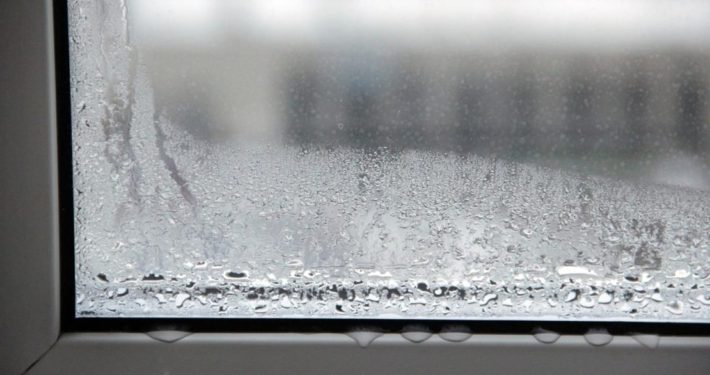SIGNS A HOUSE WILL HAVE HUMIDITY PROBLEMS
By: Diamond Head Inspection Services, LLC
Maintaining the right indoor humidity level is crucial for comfort, especially in Texas. The ideal range for optimal comfort is between 35 and 50 percent humidity. Deviating from these levels can cause discomfort and lead to health problems, expensive repairs, and hefty utility bills. If you’re concerned about moisture levels or unsure about what to do, the following signs may indicate it’s time to call a home inspector to investigate and identify the source of the problem:
1. Window Condensation
Condensation happens when warm, humid indoor air meets a colder surface, like a window, causing the air to cool and transform from vapor to liquid, resulting in foggy windows. While this might seem like a faulty window seal, modern window repairs often involve simply replacing the glass. Besides window seals, issues like plumbing or roof leaks, or insufficient insulation, could also be the culprits. Regardless, this moisture will evaporate in the home as humidity.
2. Mold
Mold is a type of fungus that thrives in warm, moist areas inside and outside your home. While mold itself is not directly harmful to humans, mold allergies are fairly common. These allergies can cause headaches, runny or stuffy noses, coughing, itchiness around the eyes, and skin rashes. And people with auto-immune disorders will be affected even worse. If you spot mold and notice a musty odor, you likely have a moisture problem that needs to be addressed.
3. Peeling Paint & Drywall Damage
High levels of humidity can cause moisture to accumulate on your walls, leading to various issues. The walls then absorb this moisture, eventually causing the paint to blister and bulge. Yet, it’s not just the paint that suffers. The drywall behind it, consisting of protective paper covering compressed gypsum particles, gets affected too. As the paper absorbs moisture, it begins to peel, potentially causing the gypsum material within the drywall to deteriorate and crumble.
Elevated humidity results in moisture accumulation on walls, leading them to absorb this excess moisture, which eventually causes the paint to blister and swell. Yet, it’s not just the paint that suffers. The drywall behind it, consisting of protective paper covering compressed gypsum particles, gets affected too. As the paper absorbs moisture, it begins to peel, potentially causing the gypsum material within the drywall to deteriorate and crumble.
If you suspect your home has excess moisture and want a home inspector you can trust, contact Diamond Head Inspection Services, LLC in Cedar Park, TX. We are a fully licensed and insured company with over 37 years of experience in the construction and mechanical business. We offer a full-service home inspection, including a termite inspection and appliance Recall Check FREE with every home inspection. We also provide many other services with discounts. Our company is built on trust, integrity, and ensuring that our clients have accurate information before purchasing the largest investment of their lives. Learn more on our website at www.diamondheadinspectionserves.com or call (737)600-2949 to schedule your home inspection today
















Leave a Reply
Want to join the discussion?Feel free to contribute!